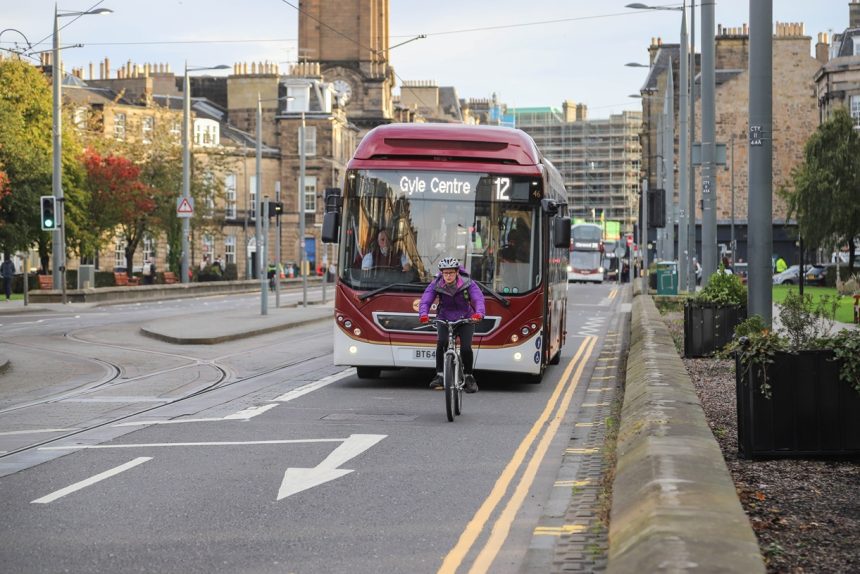News that 2024 saw a 16-year high in deliveries of new coaches, buses and minibuses to the UK market was very welcome.
Particularly positive was how 1,570 zero-emission vehicles among those entered service, making the UK Europe’s biggest market by volume for zero-emission buses and consolidating the sector’s established position as a key pillar of road transport decarbonisation.
More new coaches and buses, particularly using zero-emission technologies, is excellent news for the UK’s net-zero transition. A modal shift to shared and public transport along with cleaner vehicles will be needed to cut road transport emissions in time to meet the UK’s emission reduction targets.
Those targets were given greater urgency by the recent Seventh Carbon Budget report by the Climate Change Committee (CCC), which is the UK Government’s climate change adviser.
The transport sector, it says, will need to play an increasing role in decarbonising the UK economy. According to CCC, 27% of the emission reductions projected by 2040 will come from surface transport.
The CCC report states that we know most of the technologies that will get us to net-zero transport, and now is the time to accelerate their delivery into the market. That is something Zemo Partnership has been saying for a while.
There are still several barriers and hurdles to zero-emission vehicle adaption. That is why – in partnership with our members – Zemo is developing a Map of Missing Policies to tackle these challenges and deliver the kind of progress advocated by CCC.
We have identified several policy opportunities in the coach and bus sectors and have begun work to develop the necessary detail around them. We aim to publish the final report early this summer.
The draft proposals include setting a clear end-date for the sale of new non-zero-emission buses, potentially allied to a zero-emission vehicle mandate of the type now used for cars. This, we think, should be allied to a long-term funding trajectory for zero-emission buses.
A key barrier, as many operators have found, is the cost and waiting time for local grid connections and upgrades. Depot connections need to be prioritised and strategies developed to accelerate the electrification of those operating centres. We are proposing that this happens alongside a strategic review of charging infrastructure.
We will address the high up-front capital cost of vehicles for some operations as well as the long-awaited reform of BSOG in England to strengthen incentives for zero-emission bus uptake.
Higher-blend biofuels can offer a short- to medium-term opportunity to decarbonise operations until suitable electric (or other zero-emission technologies) are available, but their cost needs to be reduced.
We are aware that there is a lack of certainty in the market for zero-emission coaches, and limited choice of models with sufficient range.
Government action will be needed to expand the supply of zero-emission coaches – and, of course, to provide the market with more confidence. One way to do that would be to set a date for ending the sale of new non-zero-emission coaches.
These are broad brush proposals. We aim to furnish the final Map of Missing Policies with much more detail and, potentially, other policies that are brought to the table.



























